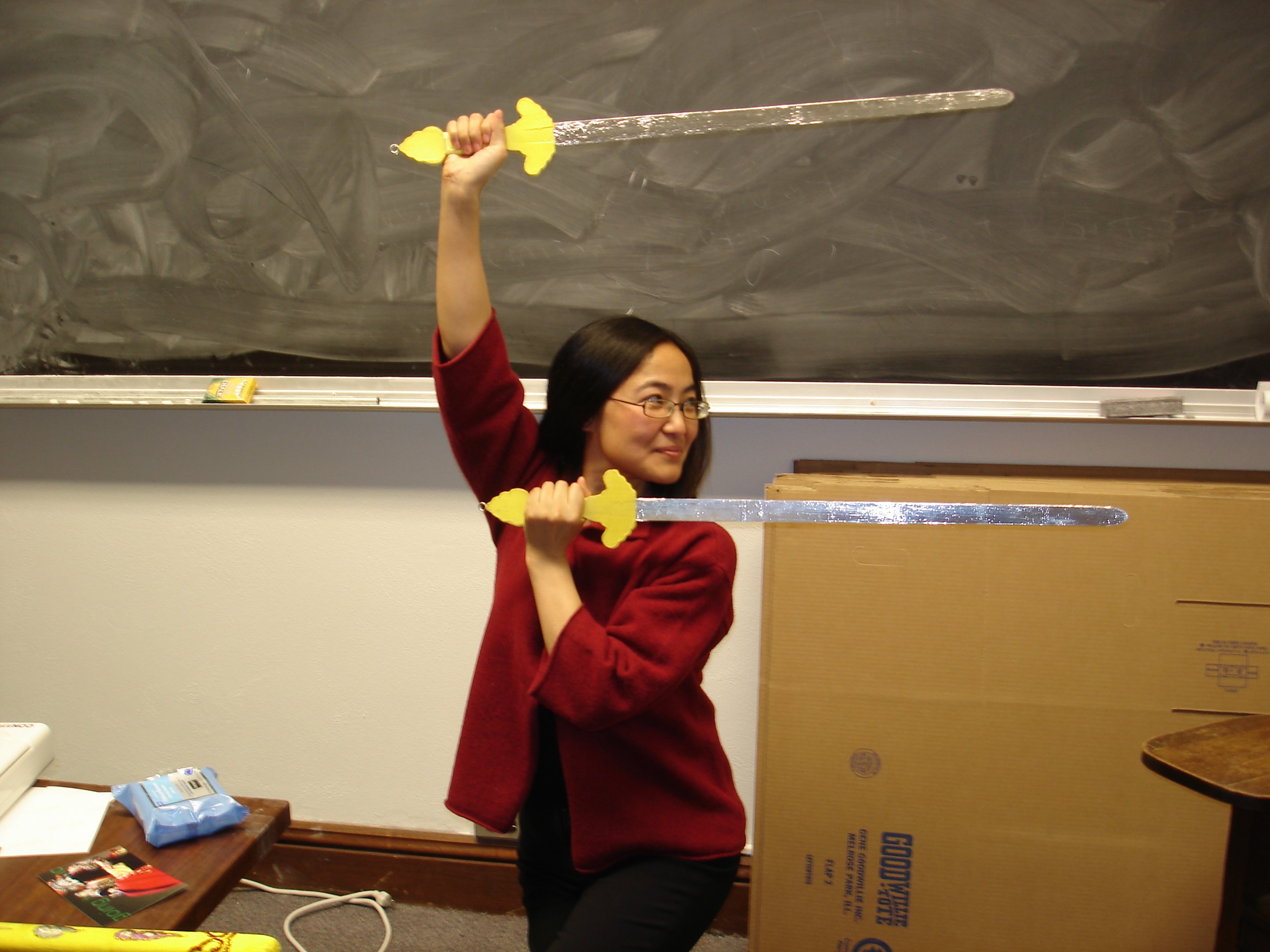Chinese Major
Introduction
 Why major in Chinese? China is the world's second largest economy, Chinese is the most spoken language on our planet, and Chinese civilization ranks as one of history's oldest, continuous, richly complex cultures. Students often combine a Chinese major with a specialization in other fields, such as engineering, economics, biology, international relations, English, psychology, and history. Majoring in Chinese will enable students to find enhanced opportunities in business, law, and governmental careers.
Why major in Chinese? China is the world's second largest economy, Chinese is the most spoken language on our planet, and Chinese civilization ranks as one of history's oldest, continuous, richly complex cultures. Students often combine a Chinese major with a specialization in other fields, such as engineering, economics, biology, international relations, English, psychology, and history. Majoring in Chinese will enable students to find enhanced opportunities in business, law, and governmental careers.
The Chinese major comprises three parts: language, literature, and linguistics. The language component offers up to five years of instruction from top-flight teachers versed in modern language pedagogy. Students go from learning the four tones of Mandarin pronunciation all the way to reading and writing formal contemporary prose. In the literature and linguistics sections, students take from internationally-renowned faculty a range of courses that examine traditional and modern narrative, poetry, film, and drama, as well as receive a rigorous grounding in the structure and history of the language itself. Students may also take electives in the art history, anthropology, history, and comparative literature departments.
| Units | |
|---|---|
| Lower Division - Preparatory Subject Matter | |
|
CHN 1, 2, and 3: Elementary Chinese OR CHN 1BL, 2BL, 3BL: Accelerated Written Chinese OR CHN 1CN, 2CN, 3CN: Mandarin for Cantonese Speakers Students who do not have a background in Chinese that allows them to place out of the above courses will need to take them. |
0 - 30 |
| Lower Division - Recommended | |
|
|
| Upper Division - Required | |
|
CHN 106, 107, 111*, 112*, 113*, (or 111A to replace 111-113) 114, 160 *Other advanced language and/or literature courses must be substituted if equivalent proficiency established |
28 |
| Upper Division - Electives | |
|
Complete 3 courses from the list of Chinese upper division courses below. One of the three courses MUST be from 101, 102, 103, 104, 109C or 109G.
|
12 |
| Total Units for the Major | 40-70 |

